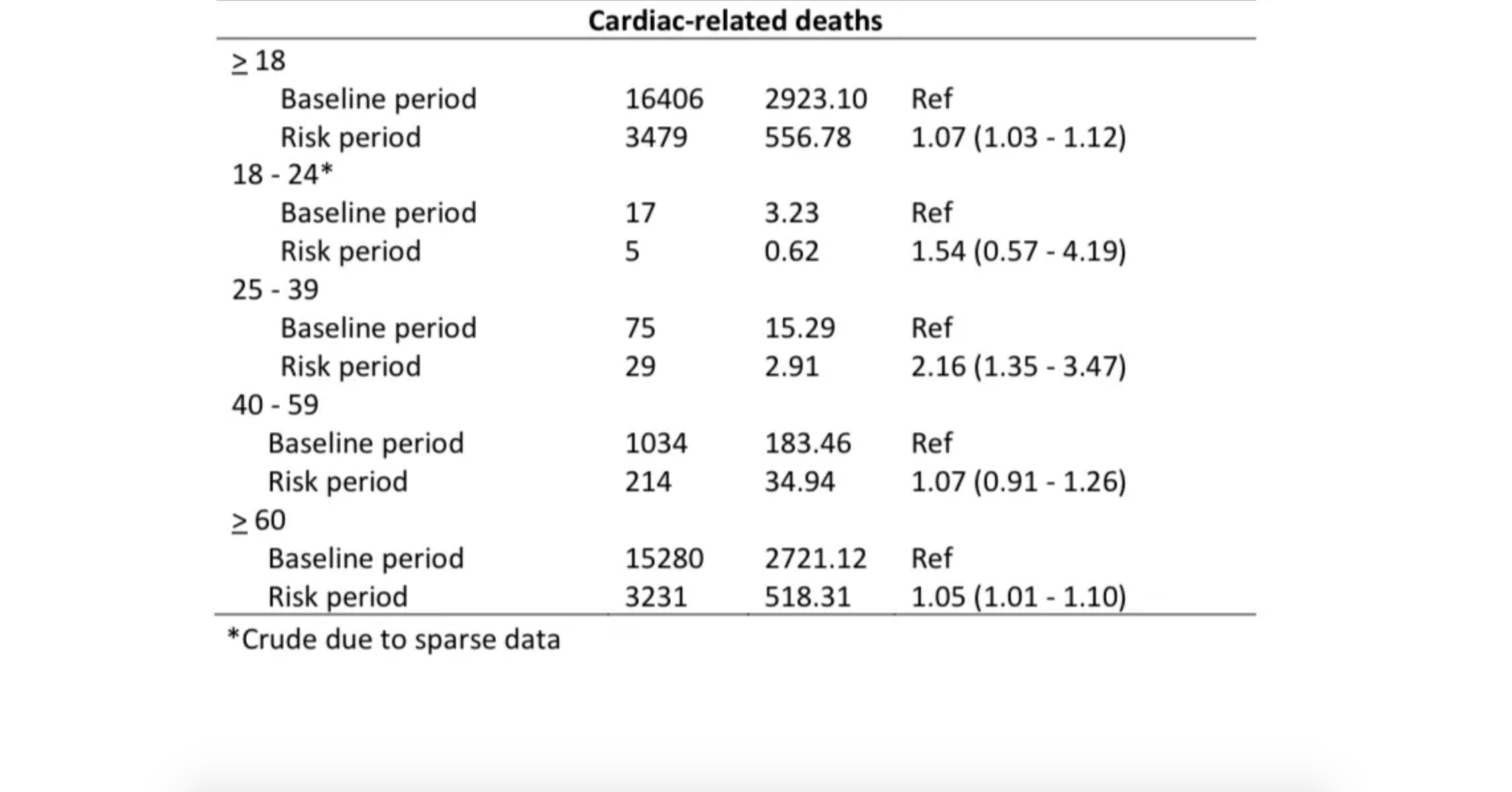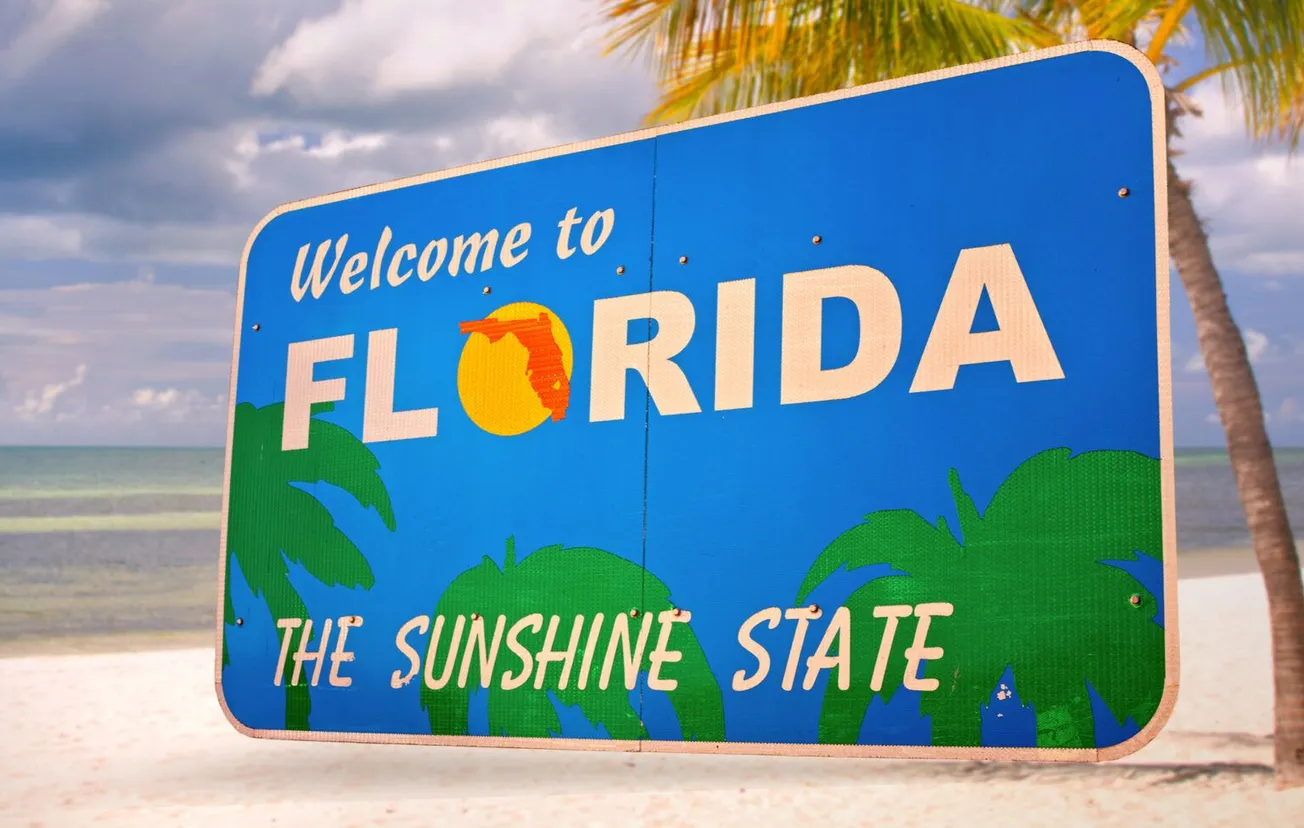Table of Contents
Alex Berenson
alexberenson.substack.com
Alex Berenson is a former New York Times reporter and the author of 13 novels, three non-fiction books, and the Unreported Truths booklets. His newest book, PANDEMIA, on the coronavirus and our response to it, was published on Nov. 30.
Florida’s Surgeon General, Dr. Joseph Ladopo, yesterday warned men aged 18-39 not to take Covid vaccines.
The warning is based on an analysis of data from inside Florida showing a sharply higher risk of cardiac death in young men in the 28 days following the shots. Men under 40 had a 84 per cent increased risk of death following vaccination with an mRNA shot.
The analysis also found that people who received non-mRNA vaccinations – generally meaning the Johnson & Johnson DNA/AAV vaccine – had a lower risk of cardiac death after the shots. Only the mRNA jabs were associated with more cardiac deaths.

The gap probably does not mean the DNA shots actually lower cardiac risk, but it is further evidence of the potential dangers of the mRNA jabs.
“The State Surgeon General recommends against males aged 18 to 39 from receiving mRNA COVID-19 vaccines,” Ladopo wrote in yesterday’s advisory. “Those with preexisting cardiac conditions, such as myocarditis and pericarditis, should take particular caution.”
Florida becomes the first state to break with continued federal efforts to push mRNA shots on everyone, including young adults at essentially no risk from Covid. But other countries have taken even more aggressive steps.
On Sep. 30, Norway effectively discontinued further booster shots for almost everyone under 65.
To measure the risk, Florida compared the rate of cardiac and all-cause deaths that vaccinated people suffered up to 28 days following their second vaccination with those they suffered after the 28-day period, when the post-vaccine risk had presumably fallen. Like other “observational” studies, the method has flaws, but it can provide useful data.
The finding of higher risk in the days after vaccination is particularly striking because of a phenomenon that epidemiologists call as “healthy vaccine user bias.”
The bias works in two ways, both of which should favour vaccines in observational studies like the one from Florida.
First, people who are vaccinated tend to be healthier overall than those who are not; the most obvious example of this is that doctors generally withhold shots from people who are near death. Further, even after people have decided to be vaccinated, they generally will postpone doing so if they are feeling ill.
As a result, vaccinated people should have relatively low rates of illness and death in the weeks following their shots. The fact that they do not all by itself raises serious questions about the vaccines.
Now, for the first time, a major American public health authority has taken note.









